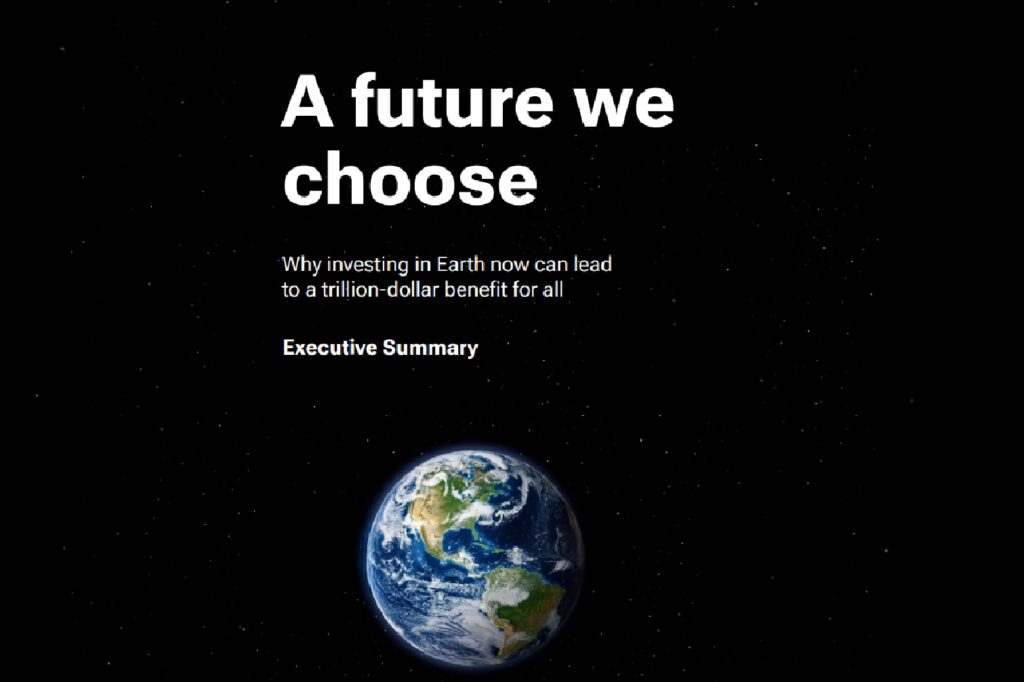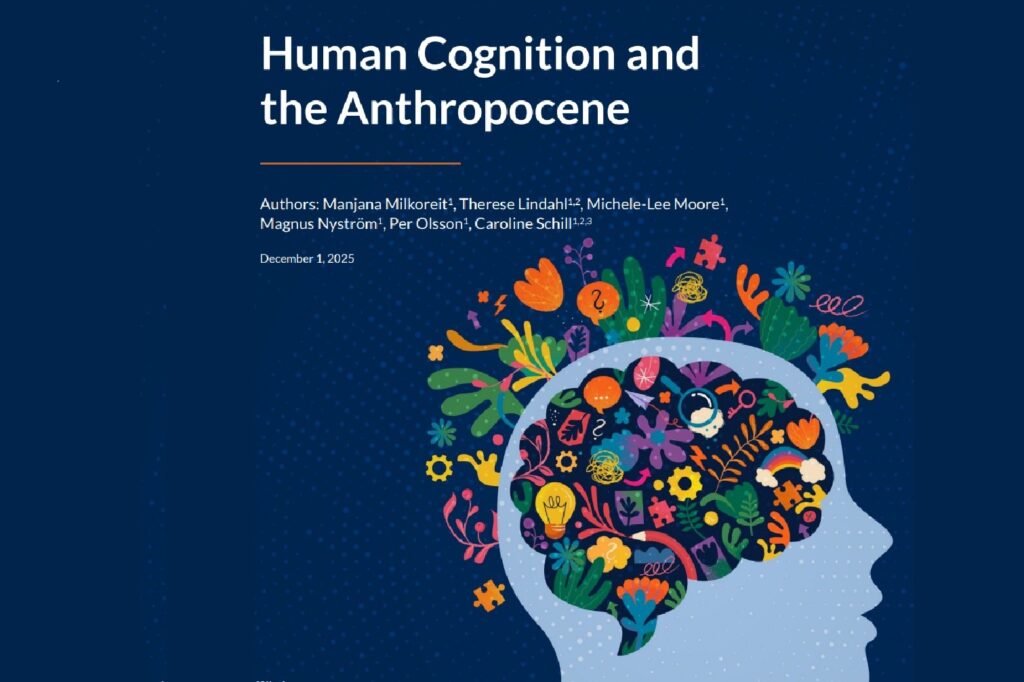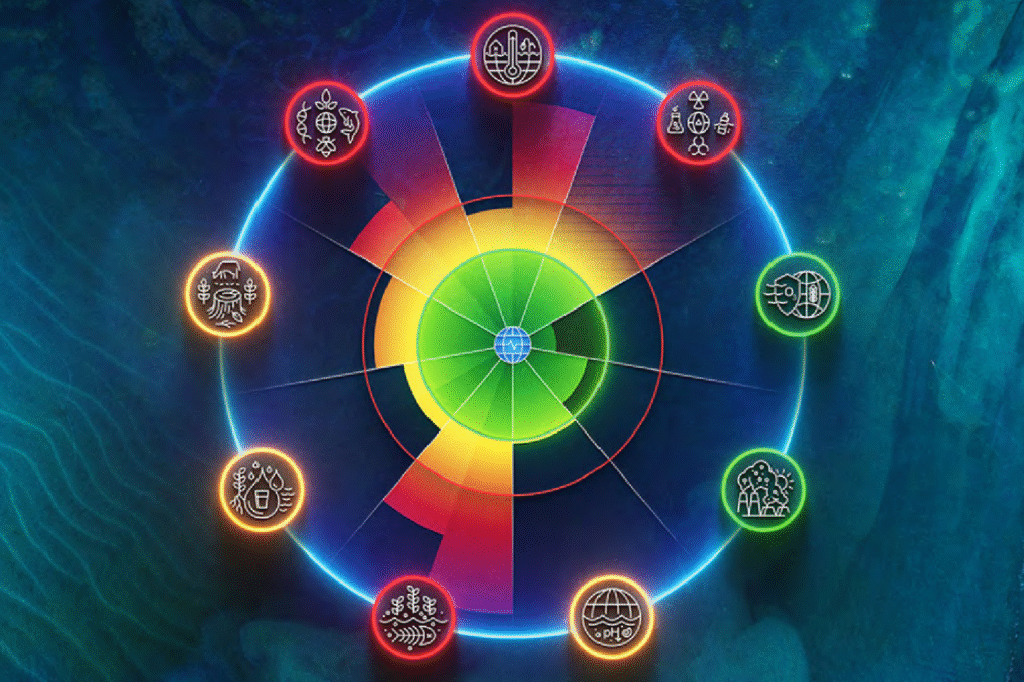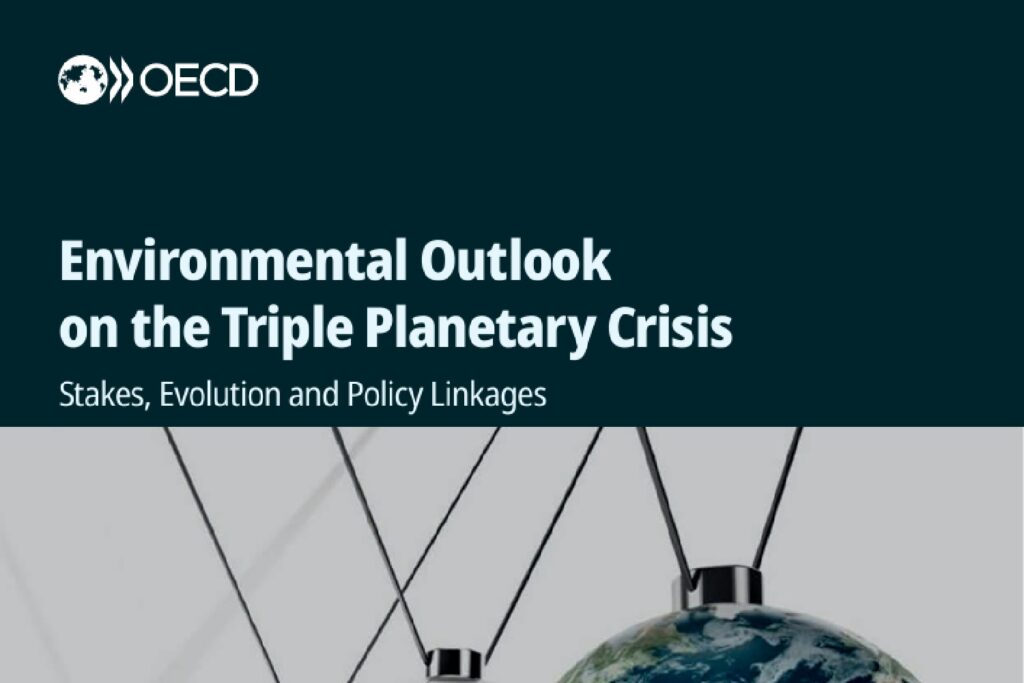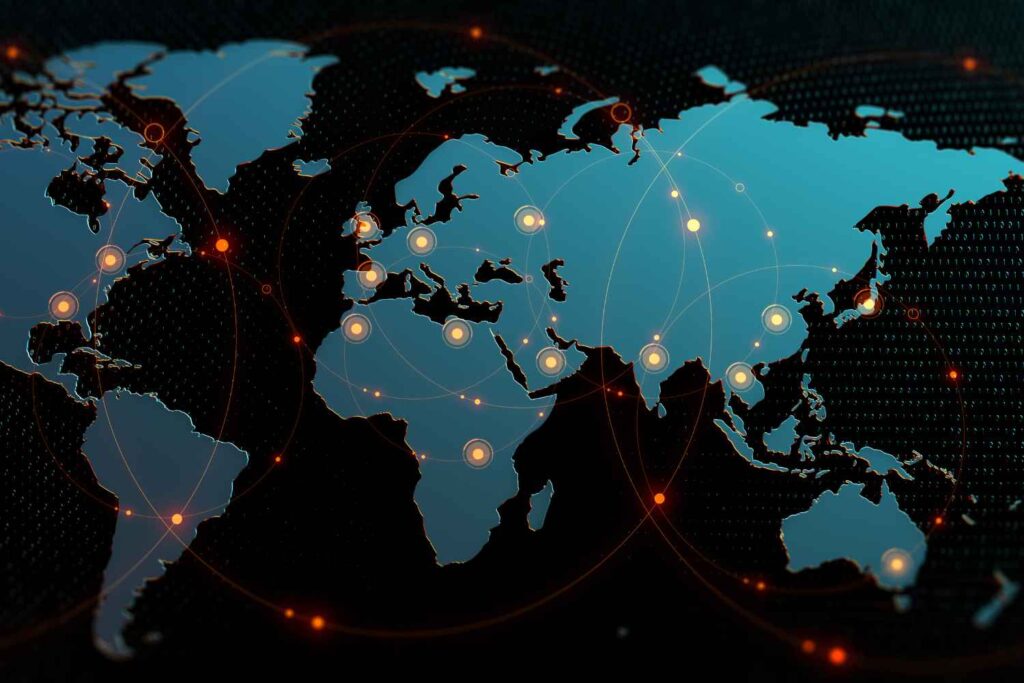The Polycrisis Resource Library includes resources that:
- Comment on the polycrisis as a concept and as a present global reality
- Undertake similar analysis using different—but related—concepts
- Analyze crisis interactions among multiple global systems
Though not exhaustive, the Library strives to present a diverse representation of views on different aspects of the polycrisis discussion, and will be updated as that discussion evolves. Search for resources with the keyword search bar, or by using the drop-down menus to filter for type of resource, global systems addressed, and key themes.




